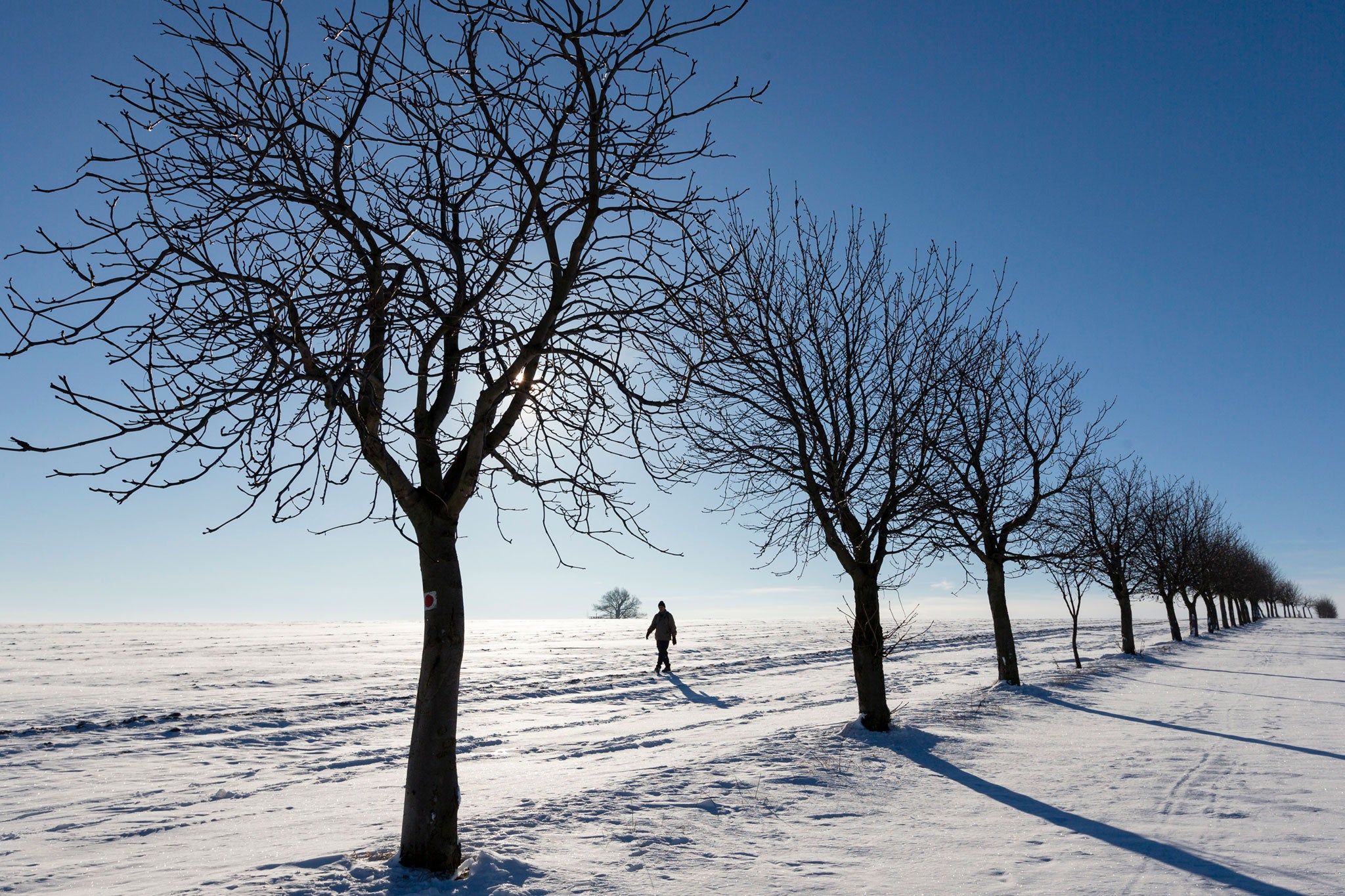
It had been a while since my last experience of Bostridge live, at the Library of Congress in 2006 and in a Shriver Hall Schubertiade in 2009. When the high notes could be floated softly, Bostridge's unusual tone - detached, heady, light - was just right, as in the concluding song Der Leiermann, but not always so when it required force, as in Mein Herz. That impression was borne out in concert, as the lowest notes in this transposition seemed not quite in Bostridge's range, requiring him in some cases to snarl in a guttural way, and not always on pitch.

The original keys Schubert chose for the songs in Winterreise were intended for a tenor, but baritones always seem to sound best in this cycle to my ears, and Bostridge's recording, made with Leif Ove Andsnes, did not change my opinion on the matter. Youens, Retracing a Winter's Journey: Franz Schubert's "Winterreise" (Cornell University Press, 1991)

Schubert, Die schöne Müllerin / Winterreise / Schwanengesang, I. Bostridge, Schubert's Winter Journey: Anatomy of an Obsession (Knopf, 2015) Tenor Ian Bostridge gave the latest of his many performances of the work, over one hundred by his own tally, on Saturday afternoon at the Library of Congress, in a recital that did little to change my mind that his voice is not quite right for this music. Laden as it is with many layers of significance - in the poet's life, in the composer's life, in the lives of listeners and performers alike - it means many things to many people. It may be the composer's masterpiece, in a bountiful corpus of compositions completed over the course of a tragically short life, and the greatest song cycle ever composed. Franz Schubert's Winterreise is one of the monuments of music history.


 0 kommentar(er)
0 kommentar(er)
